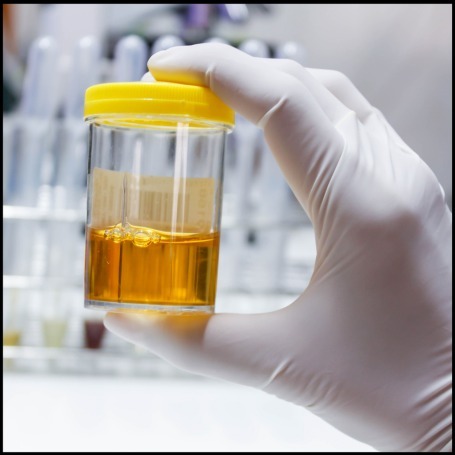
The Urine Mucopolysaccharidosis (MPS) Test screens for MPS disorders by measuring specific sugars in the urine, aiding in the diagnosis of rare genetic conditions affecting growth and organ functio


The Urine Mucopolysaccharidosis (MPS) Test is a specialized diagnostic test used to detect the presence of mucopolysaccharides in the urine, which are complex carbohydrates that can accumulate in the body due to genetic disorders known as mucopolysaccharidoses. These disorders affect the body's ability to break down glycosaminoglycans (GAGs), leading to their accumulation and resulting in various health issues.
This test is crucial for diagnosing mucopolysaccharidosis, which can lead to a range of symptoms, including developmental delays, skeletal abnormalities, and organ dysfunction. Early diagnosis allows for timely interventions and management of the condition, helping to improve the quality of life for affected individuals.
Individuals showing symptoms of MPS, such as joint stiffness, thickened skin, or heart problems. Children with developmental delays or other unexplained health issues. Patients with a family history of mucopolysaccharidosis or related genetic disorders. Individuals undergoing evaluation for unexplained symptoms that may suggest a metabolic disorder.
At Diagnopein in Pune, we provide comprehensive diagnostic services, including the Urine MPS Test. Our laboratory is equipped with advanced technology to ensure accurate and reliable results. We emphasize cleanliness and hygiene in our testing environment, creating a safe space for our patients. Our experienced staff is dedicated to delivering personalized care and support throughout the testing process, all at affordable pricing.
The test measures the levels of mucopolysaccharides in the urine, which can indicate the presence of mucopolysaccharidosis.
A urine sample is collected, typically over a 24-hour period, and analyzed in the laboratory for the presence of GAGs.
Usually, no special preparation is needed, but it’s best to follow any specific instructions from your healthcare provider.
Results are generally available within a few days, depending on the laboratory processing time.